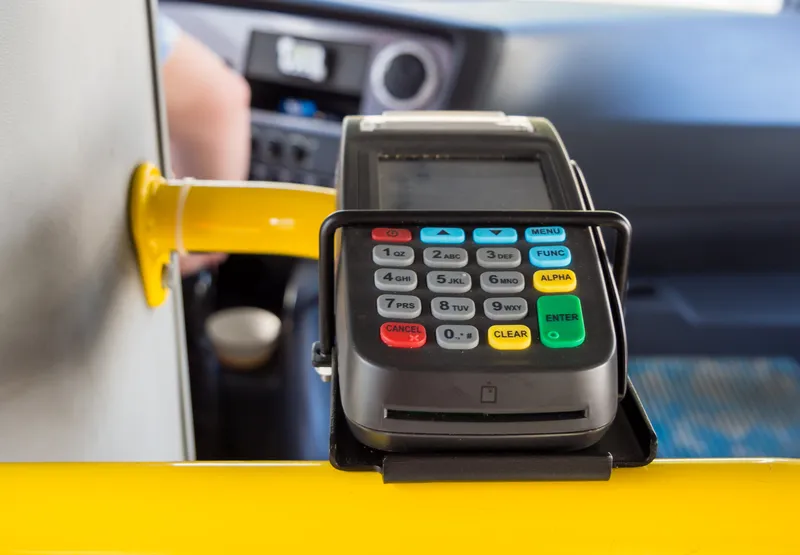The 15-year contract will enable the three cities to move from cash and paper-based ticketing systems to a common contactless fare payment system utilising an account-based back office. The RSFS initiative is made up of multiple components, and Vix will design, build, operate, and maintain the entire solution, inclusive of front-end equipment, back-office infrastructure, smart card media and more for the duration of the contract.
The Vix solution will move fare calculations and settlement to the back office, offer payment convenience for passengers and allow the three Edmonton metropolitan region cities’ transit agencies to collect real time data.
The new RSFS will make fare payments seamless across all modes of transportation and will incorporate open payments, which allows passengers flexible payment options, including contactless EMV cards, branded retail prepaid cards, or agency or third party-issued transit cards.
Vix Technology to implement smart ticketing solution in Edmonton Metropolitan region
US-based transport ticketing specialist Vix Technology has been selected by three city partners in the Edmonton metropolitan region, Canada, which includes the City of Edmonton, Strathcona County and City of St Albert, to implement a new regional smart fare solution (RSFS). The 15-year contract will enable the three cities to move from cash and paper-based ticketing systems to a common contactless fare payment system utilising an account-based back office. The RSFS initiative is made up of multiple componen
July 17, 2017
Read time: 2 mins
US-based transport ticketing specialist 647 Vix Technology has been selected by three city partners in the Edmonton metropolitan region, Canada, which includes the City of Edmonton, Strathcona County and City of St Albert, to implement a new regional smart fare solution (RSFS).










